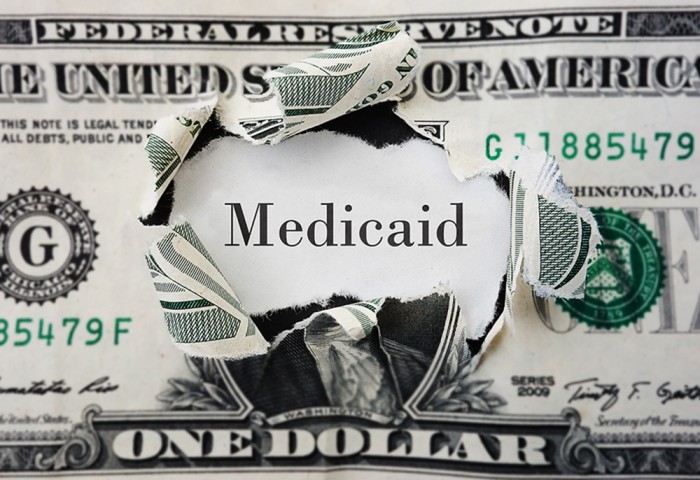Mandatory Vaccination Update
Medicare and Medicaid Programs: Omnibus COVID-19 Health Care Staff Vaccination
OSHA Emergency Temporary Standard (ETS)
RCPA continues to work for clarification with our State stakeholders from the Department of Human Services (DHS) and the Governor’s office as well as for guidance at the federal end through our National Councils.
The National Council on Mental Wellbeing has received several questions around the recent vaccine mandates released by the Biden Administration. The following links and summaries from the Council’s federal consultant group may answer some of your questions.
On November 4, the Centers for Medicare and Medicaid Services (CMS) issued an interim final rule with comment (IFC), entitled “Medicare and Medicaid Programs: Omnibus COVID-19 Health Care Staff Vaccination” (Rule and Press Release).The FAQ provides excellent scenario-based guidance that may be applicable to your agency.
The IFC stipulates that all staff members of certain providers and suppliers participating in the Medicare and Medicaid programs, including those who perform their duties outside of a formal clinical setting, must be fully vaccinated against COVID-19 unless exempt. The definition of applicable facilities under the Medicare-certified providers and suppliers is listed under federal statute (for example, the current Medicare definition of CMHCs (there are 129 Medicare-certified CMHCs throughout the country), which is Section 4162 of the Omnibus Budget Reconciliation Act of 1990 (Pub. L. 101–508, enacted November 5, 1990) (OBRA 1990), which added sections 1861(ff) and 1832(a)(2)(J) to the Act, includes CMHCs as entities that are authorized to provide partial hospitalization services under Part B of the Medicare program).
However, the definition of Medicaid-certified providers and suppliers will vary by state. To that end RCPA, as part of its efforts, is seeking this clarification and to confirm determinations on which providers and suppliers are subject to the IFC.
As noted in the summary below, the IFC does not allow for weekly testing in lieu of vaccination and maintains the employer’s right to require full vaccination of employees regardless of exemptions listed in the IFC. The final rule is expected to be published in The Federal Register on November 5, 2021, with an expected effective date of January 4, 2022. There will be the opportunity to comment on the IFC. Comments must be received no later than 60 days after the publication of the IFC in The Federal Register.
Also released was the Occupational Safety and Health Administration (OSHA) Emergency Temporary Standard (ETS) for COVID-19 Vaccination and Testing in the Workplace (Rule; Fact Sheet; Press Release). The ETS requires employees who are employed by private-sector employers with 100 or more employees to get vaccinated or test negative for the virus once per week and wear a mask indoors. It also requires employers to provide paid time off for employees to get vaccinated and recovery time from vaccination. The 28 states with OHSA-approved state plans must also adhere to the ETS.
The ETS mandates that employers determine the vaccination status of each employee, obtain acceptable proof of vaccination status from vaccinated employees, and maintain records and a roster of each employee’s vaccination status.
The testing requirement for unvaccinated workers is slated to begin on January 4, 2022, and employers must comply with all other requirements (i.e. providing paid time off for employees to get vaccinated and masking for unvaccinated workers) by December 5, 2021. Employees falling under the ETS rules will need to have their final vaccination dose by January 4, 2022.
OSHA has published a series of resources with respect to this ETS, including frequently asked questions, guidance materials, and reporting requirements.
RCPA will continue to update members on the status and any changes to the current information that has been published.















